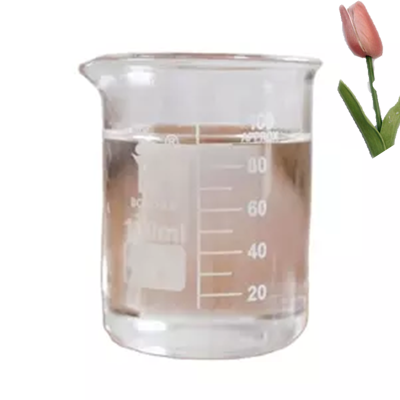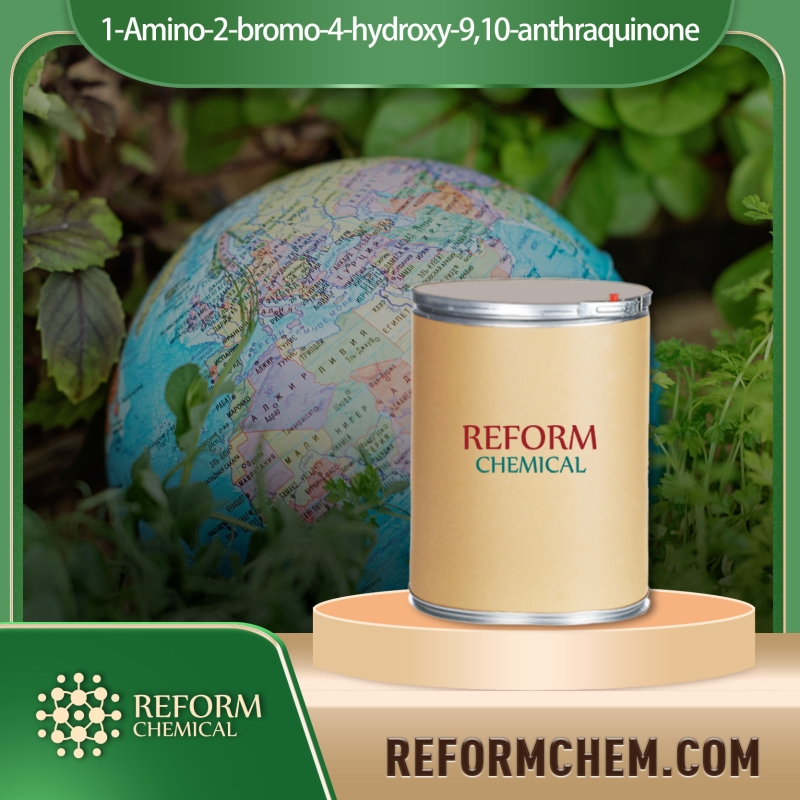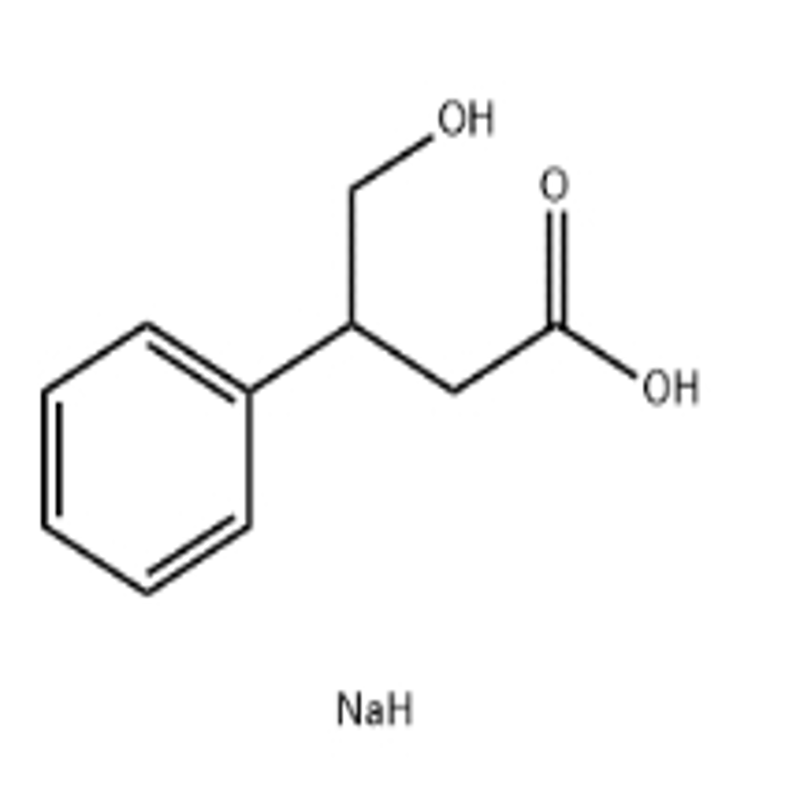-
Categories
-
Pharmaceutical Intermediates
-
Active Pharmaceutical Ingredients
-
Food Additives
- Industrial Coatings
- Agrochemicals
- Dyes and Pigments
- Surfactant
- Flavors and Fragrances
- Chemical Reagents
- Catalyst and Auxiliary
- Natural Products
- Inorganic Chemistry
-
Organic Chemistry
-
Biochemical Engineering
- Analytical Chemistry
-
Cosmetic Ingredient
- Water Treatment Chemical
-
Pharmaceutical Intermediates
Promotion
ECHEMI Mall
Wholesale
Weekly Price
Exhibition
News
-
Trade Service
3-[(Aminoiminomethyl)thio]-1-propanesulfonic acid, commonly referred to as APTS, is a chemical compound that is widely used in the chemical industry.
It is a colorless liquid with a pungent odor, and is primarily used as a catalyst in the production of various chemicals and plastics.
One of the key benefits of APTS is its high level of safety.
This is due to its low toxicity and the fact that it is not classified as a hazardous substance.
APTS is typically handled by trained professionals in controlled environments, which minimizes the risk of exposure.
Despite its high level of safety, it is still important to take appropriate precautions when handling APTS.
This includes wearing protective clothing, such as gloves and goggles, and following proper storage and disposal procedures.
One of the key considerations when handling APTS is its ability to react with certain materials, including some metals.
This can cause a dangerous reaction, so it is important to use the correct equipment and to avoid any contact with metal surfaces.
In addition to its use as a catalyst, APTS is also used as a solvent and a reagent in various chemical reactions.
It is particularly useful in the production of various polymers, including polyesters and polyurethanes.
While APTS is generally considered to be safe, it is still important to follow proper handling procedures to minimize the risk of exposure.
This includes ensuring that adequate ventilation is present, wearing appropriate protective clothing, and following proper storage and disposal procedures.
Overall, the safety of 3-[(aminoiminomethyl)thio]-1-propanesulfonic acid makes it an ideal choice for use in the chemical industry.
Its low toxicity, lack of hazardous properties, and ability to function as a useful catalyst make it an essential component in the production of a wide range of chemicals and plastics.
While proper handling procedures are necessary, the benefits of using APTS far outweigh any potential risks.







